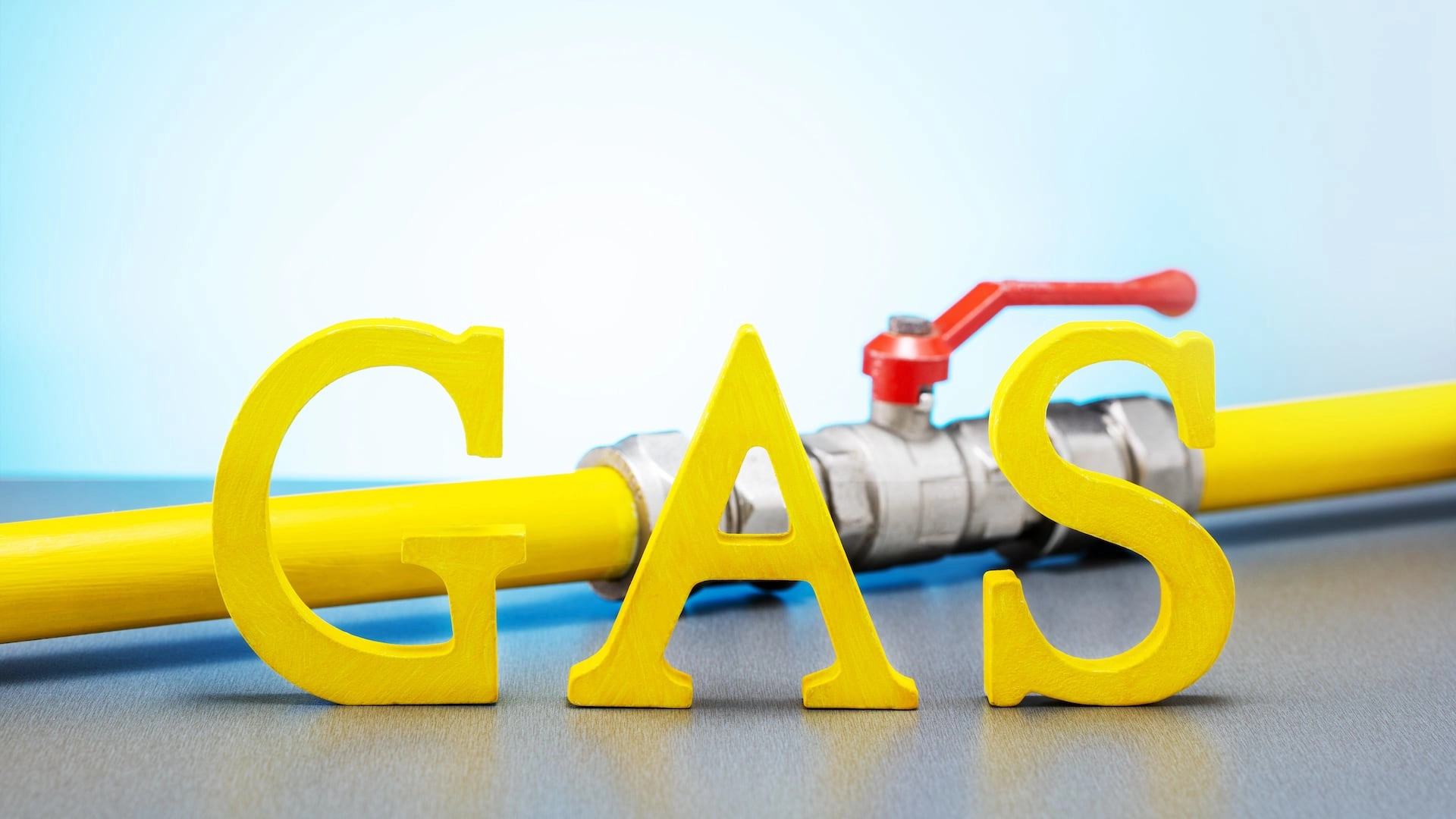
Natural gas plays a significant role in our lives and will continue to be an essential part of our energy mix in the future. Here are some fun facts about natural gas.
10 Interesting facts about natural gas
Safety scent
Natural gas is usually colorless and odorless, but for safety, a chemical called mercaptan is added to give it a rotten egg smell. This helps people quickly find gas leaks and prevent accidents.
Fiery discovery
Natural gas was discovered long ago by Native Americans who saw flames ignite from the ground near Lake Erie due to lightning strikes. It showed them there was natural gas there.
Ancient pipelines
Back in ancient China around 500 BC, they made the first natural gas pipelines from bamboo. They used these pipelines to move natural gas to make salt brine. If we connected all the gas pipelines in the world today, they would stretch to the moon and back three times.

Colonel Drake's Well
In America, Colonel Edwin Drake drilled the first successful natural gas and oil wells in 1859. His well was only 69 feet deep, while modern wells can go as deep as 30,000 feet, reaching huge reserves underground.
Natural gas-powered vehicles
More than 11 million vehicles around the world use natural gas as fuel. Cars, buses, taxis, and trucks use compressed or liquefied natural gas instead of regular gasoline or diesel, which is better for the environment.
Everyday items
Natural gas is not just for energy. It is also used to make many everyday things like sunglasses, cell phones, carpets, and even heart valves and artificial limbs.
Environmental advantage
When natural gas burns, it produces much less CO2 than coal or oil. This makes it a cleaner fossil fuel choice.
Liquefaction magic
If you cool natural gas to a super low temperature, it becomes a liquid and takes up much less space, making it easier to transport and store.
Pina colada-scented fun
In Las Vegas, a volcano outside the MGM Mirage Hotel erupts every hour in the evening. It's fueled by natural gas with a pina colada scent, adding to the fun experience.
Job opportunities
The natural gas industry provides lots of jobs, with about four million people working in the natural gas sector in the US. These jobs range from drilling and extraction to transportation and distribution, supporting the economy and people's lives.
More things about natural gas you should know
Read our related blog articles about natural gas. Find out more facts!
